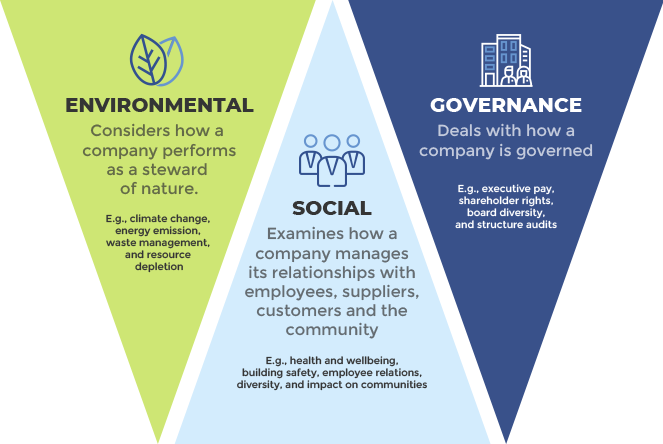Indian Economy
Business Responsibility and Sustainability Reporting Framework
- 18 Sep 2023
- 5 min read
For Prelims: Indian Institute of Corporate Affairs, Business Responsibility and Sustainability Reporting, United Nations Children's Fund, National Stock Exchange, Planning Commission, SEBI .
For Mains: Measures to Improve Corporate Governance in India.
Why in News?
Recently, Indian Institute of Corporate Affairs (IICA), organised a workshop on Business Responsibility and Sustainability Reporting in collaboration with United Nations Children's Fund (UNICEF) and National Stock Exchange(NSE) at the NSE premises in MumbaI.
What is Business Responsibility and Sustainability Reporting Framework?
- BRSR is a mandatory disclosure mechanism for top 1000 listed companies or businesses to report their performance on Environmental, social, and corporate governance (ESG) parameters and demonstrate their commitment to responsible business practices.
- SEBI in 2021 replaced Business Responsibility Reports (BRR) with BRSR.
- BRSR is rooted in the nine principles outlined in the National Guidelines for Responsible Business Conduct (NGRBC). The nine principles are:
- Businesses should conduct and govern themselves with integrity, and in a manner that is ethical, transparent and accountable.
- Businesses should provide goods and services in a manner that is sustainable and safe.
- Businesses should respect and promote the well-being of all employees, including those in their value chains.
- Businesses should respect the interests of and be responsive to all their stakeholders.
- Businesses should respect and promote human rights.
- Businesses should respect and make efforts to protect and restore the environment.
- Businesses, when engaging in influencing public and regulatory policy, should do so in a manner that is responsible and transparent.
- Businesses should promote inclusive growth and equitable development.
- Businesses should engage with and provide value to their consumers in a responsible manner.
What is Environmental, Social, and Corporate Governance?
- ESG represents a set of guidelines that compel companies to adhere to improved standards in their operations, encompassing better governance, ethical conduct, environmentally sustainable practices, and social responsibility.
- Since the introduction of the United Nations Principles for Responsible Investing (UNPRI) in 2006, the ESG framework has become an integral aspect of contemporary businesses, recognized as an inseparable component of modern corporate practices.
What is the Indian Institute of Corporate Affairs?
- The Indian Institute of Corporate Affairs (IICA) was registered as a society on September 12, 2008 under the Societies Registration Act, 1860.
- The proposal to establish the IICA was approved by the Planning Commission in February 2007.
- It is an autonomous institute and works under the aegis of the Ministry of Corporate Affairs to deliver opportunities for research, education, and advocacy.
- It is also a think tank that curates a repository of data and knowledge for policy makers, regulators as well as other stakeholders working in the domain of corporate affairs.
What is the United Nations Children's Fund?
- The United Nations Children's Fund (UNICEF), originally known as the United Nations International Children's Emergency Fund, was created by the United Nations General Assembly on 11 December 1946, to provide emergency food and healthcare to children and mothers in countries that had been devastated by World War II.
- In 1950, UNICEF's mandate was extended to address the long-term needs of children and women in developing countries everywhere.
- In 1953, it became a permanent part of the United Nations System.
What is the National Stock Exchange?
- National Stock Exchange (NSE) is a leading stock exchange market in India which provides fully automated screen based trading in India.
- NSE was incorporated in 1992. It was recognised as a stock exchange by SEBI in April 1993 and commenced operations in 1994 with the launch of the wholesale debt market.
- One of its more popular offerings is the NIFTY 50 Index, which tracks the largest assets in the Indian equity market.







